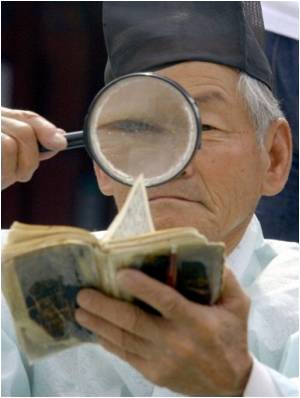It is time to translate findings related to aging into medicines that can benefit our aging population.

The expert panel was convened by the LifeStar Institute, a nonprofit organization that educates the public about the consequences of global aging and supports medical research aimed at preventing and curing age-related diseases. Their report was published in the July 14 issue of the journal Science Translational Medicine.
The aging process results in significant social and medical costs that will rise rapidly in the coming decades as the number of elderly people increases. To prevent what it calls "a global aging crisis," the panel recommends that the U.S. and other countries collaborate in an international initiative that will translate laboratory findings about aging into new kinds of medicines.
More specifically, the panel urged countries to use their public health agencies to inform citizens about how they can improve their lifestyles so that they can live longer and healthier lives. In addition, the panel wrote, there is a need to develop regenerative therapies that could restore youthful structure and function in older people by repairing and neutralizing the cellular damage that occurs with aging.
"There is this misunderstanding that aging is something that just happens to you, like the weather, and cannot be influenced," said Dr. Vijg. "The big surprise of the last decades is that, in many different animals, we can increase healthy life span in various ways. A program of developing and testing similar interventions in humans would make both medical and economic sense."
Advertisement









